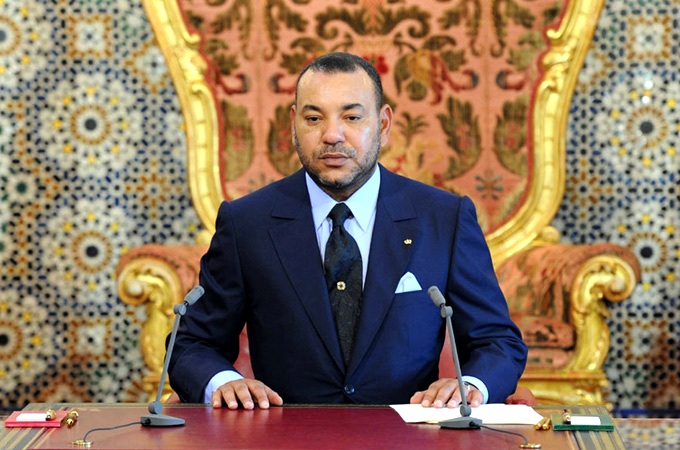HCP Predicts 8.7% Decline in Morocco’s GDP in 3rd Quarter of 2020
Morocco’s gross domestic product (GDP) likely declined by 8.7% in the third quarter of 2020, according to new notices from the High Commission for Planning (HCP). Eased containment measures may contribute to the positive change from Q2, when Morocco’s GDP declined by 14.9%.The HCP expects Morocco’s GDP to benefit from a “less penalizing external context” in the third quarter of 2020.
Morocco’s partial lifting of travel restrictions and the gradual improvement in economic activity worldwide is also expected to play a major role in improving Morocco’s GDP and overall economy.
The HCP said the expected decline in Q3 would have been due to a 9% drop in value-added excluding agriculture and a decline of 6.2% in agriculture value-added.The HCP forecasts a 5.2% decline in nonagricultural activities in the fourth quarter of 2020.

Read also:Morocco Launches A New Online Bank Of Investible Projects For Investors
Morocco’s economic activity is expected to experience a -5.5% growth in the next quarter, compared to the +2.3% growth seen in the fourth quarter of 2019. HCP based this prediction on an expected 5.8% decline of agricultural value-added.
According to the HCP, favorable signs of recovery have appeared in advanced countries after a 12.1% drop in growth in the Eurozone and 9.1% in the US in the second quarter of 22020. HCP also forecasts an improvement in industrial activity in advanced countries due to the increase in demand and the reopening of retail business in several countries. “On the energy commodities market, the price of Brent would have stood, on average, at $ 42.7 / barrel in the third quarter of 2020, posting a 31% annual drop,” the HCP said.
Read also:€200 million From The EIB To Support Agribusinesses In Morocco
The notice, however, emphasized lingering fears of re-imposed lockdown measures due to a new wave of COVID-19 infections and reinstated travel restrictions in several countries. The fear, according to the HCP, is due to the limited global energy demand in the face of “a bloated supply exacerbated by the resumption of Libyan oil production.” The HCP shared a positive overview regarding the prices of “precious metals,” including gold.
The notice described the improvement of gold prices as a “safe haven in times of economic uncertainty, which would have risen by 30% in annual variation.”
Read also:ACCESS TO BANKING SERVICES: Global GDP could rise by 3% if gender disparity gap is closed By Onyeka Akpaida
Prices of other metals, including aluminum, lead, and nickel experienced declines of 3%, 8%, and 9%, respectively.“In this context, inflation would have remained contained in most advanced countries. In the Eurozone, the inflation rate would have reached -0.03% instead of +1% a year earlier,” the HCP said.
The HCP added that international trade would have enjoyed a “little momentum” in the third quarter of 2020.
World trade demand addressed to Morocco will likely improve by 9.3% in Q3 compared to the second quarter thanks to a slight revival of imports from main trading partners. Like many economies, Morocco’s economy suffered from the impacts of COVID-19. The country had to act quickly to limit the spread of the pandemic since March 2, when it recorded its first case.
Since then, Morocco has closed sea, air, and land borders. In June, Morocco started easing the lockdown to revive its economy. Morocco’s Bank Al Maghrib expects a decline of 16.6% in exports in 2020. The central bank expects an increase of 22.4% in the country’s exports in 2021. Morocco’s Economy Minister Mohamed Benchaabou expects a 4.8% economic growth in 2021.
Kelechi Deca

Kelechi Deca has over two decades of media experience, he has traveled to over 77 countries reporting on multilateral development institutions, international business, trade, travels, culture, and diplomacy. He is also a petrol head with in-depth knowledge of automobiles and the auto industry



